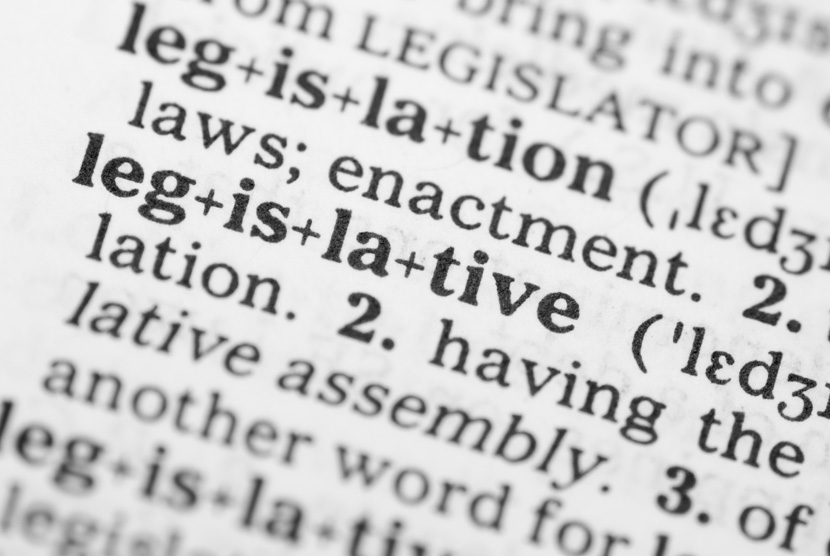
Legislation in Assessment considering the Equality Act 2010
A significant requirement of any assessment process is for it to be legally defensible, in that the use of the process itself does not violate any current legislation specifically in relation to discrimination. A number of legal rulings have resulted in various acts which cover the various forms of legislation, and with the European Union playing a major role in UK rulings, the Equality Act 2010 overlooks previous legislation.
Whilst there is a legal requirement to use a fair recruitment process, organisations are vulnerable to huge financial costs for failing to do this. The onus remains with the employer to demonstrate that no discrimination has taken place should a case be brought forward, and there has not been an upper limit to the amount of compensation that has been awarded in these types of cases. Thus the implications of not using a fair process can be costly to an employer.
Not recording evidence during an assessment, for example not making notes in an interview, would result in an employer having little or no evidence to present at a potential tribunal. The ruling would therefore most likely be ruled in favour of a candidate.
This article provides the following information only for a general understanding of the area; this should not be considered as definitive when it comes to legislative guidance or advice in any matters related to assessment.
Equality Act 2010
Responsible employers should strive to provide equality of opportunity, and aim in their selection activity to select the best candidate to fill a particular job, regardless of sex, race, age, disability, marital status, or any other ‘protected characteristic’. The term ‘protected characteristic’ (PC) has emerged as a result of the Equality Act 2010 which oversees each of these potential areas of discrimination. The following is a list of protected characteristics:
- Disability
- Gender Reassignment
- Race
- Religion or Belief
- Sex
- Sexual Orientation
- Marriage & Civil Partnership
- Pregnancy & Maternity
- Age
The Equality Act 2010 does not necessarily replace all previous legislation, but rather works to harmonise it. It still acts to uphold previous legislation on discrimination.
- Sex Discrimination Acts (1975, 1986)
- Race Relations Act (1976)
- Disability Discrimination Act (1995)
- Rehabilitation of Offenders Act (1974)
- Equal Pay (1970, 1983)
- Age Discrimination Act (2006)
Other work-related implications of the Equality Act 2010
Pre-employment health-related checks
The Equality Act 2010 requires that health-related questions are not asked with justification before the offer of employment. The types of health questions that are permissible before the job offer under the new act include questions:
- to identify whether an individual requires reasonable adjustments to be made as a result of a disability, e.g. extended time on selection assessments due to dyslexia
- to check whether the individual is in a heath-state that will not prohibit them from undertaking a particular job task that is critical to the job role, e.g. lifting
- to monitor diversity, e.g. to confirm the groups of individuals that are being attracted, which would help make decisions around any ‘positive action’ that the organisation may wish to undertake
A candidate cannot take you to an employment tribunal if they feel you are asking inappropriate questions; however they can complain to the Equality and Human Rights Commission. Note that the onus will remain with the employer to demonstrate that no discrimination took place if the candidate is not selected and they make a complaint.
Changes to employment tribunal powers
Under previous legislation, a tribunal was unable to make recommendations to an organisation on steps to take to eliminate discrimination in the work place, if the complainant had left the organisation before a tribunal decision was made. However, this has now changed under the Equality Act 2010, and a tribunal can continue to make recommendations to an organisation about steps to take even if the complainant has left.
Equal pay and Pay secrecy
Under the Equality Act 2010, an individual can make a claim of pay discrimination, considered a form of direct discrimination, if they can demonstrate that they could earn more money if they were of the opposite sex. This is still the case if no actual personal for comparison is available. This would also be claimed for under the sex discrimination PC.
The act also makes it unlawful for an employer from preventing employees from discussions around their pay. As a result, any contracts that require secrecy of pay are not enforceable although employers can still request that pay is kept secret from individual outside of the organisation such as competitors.








